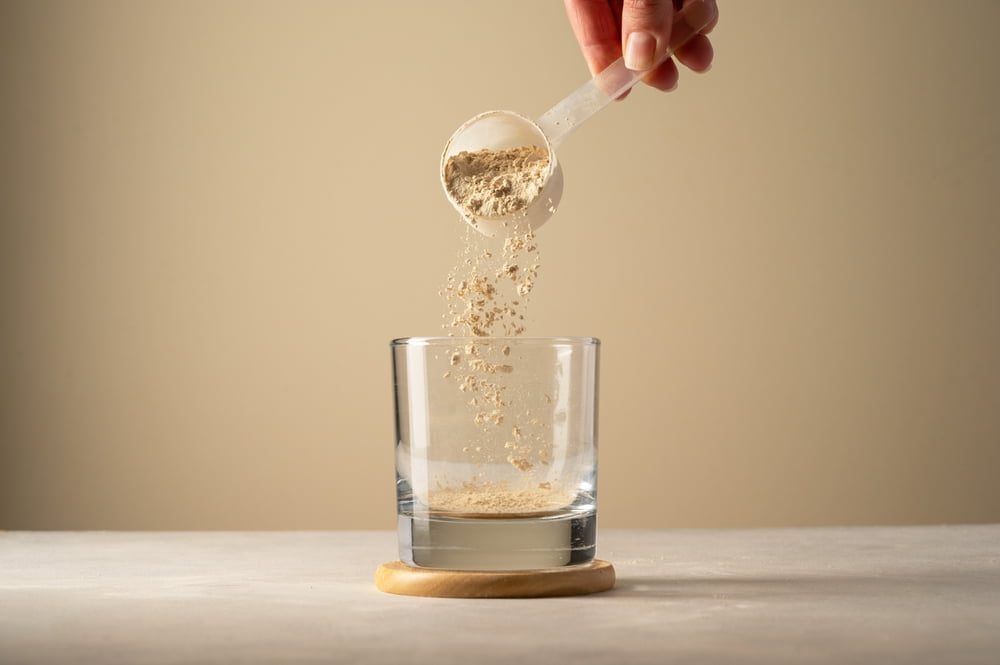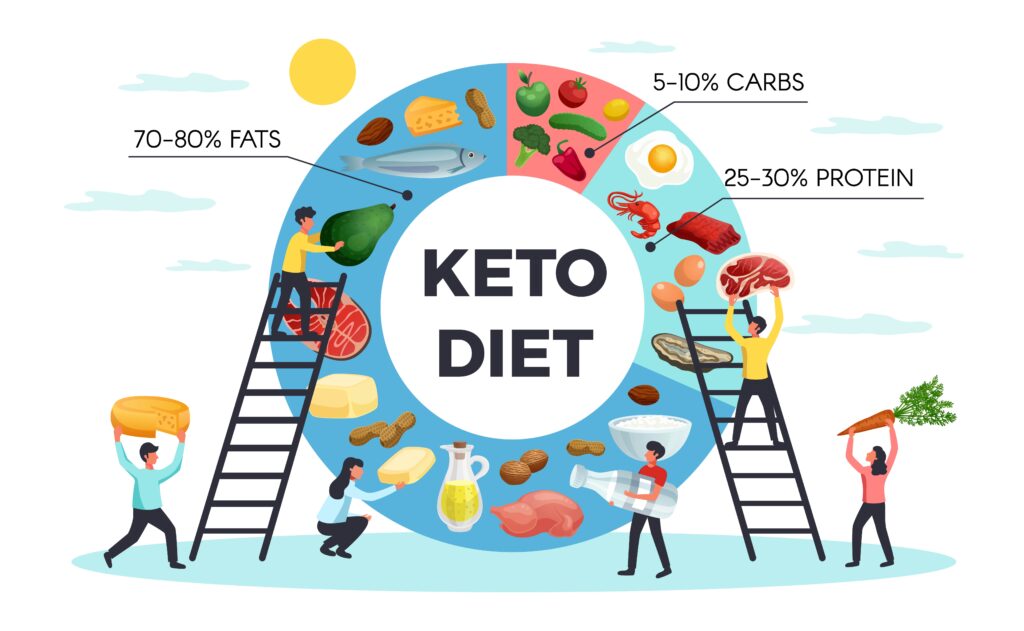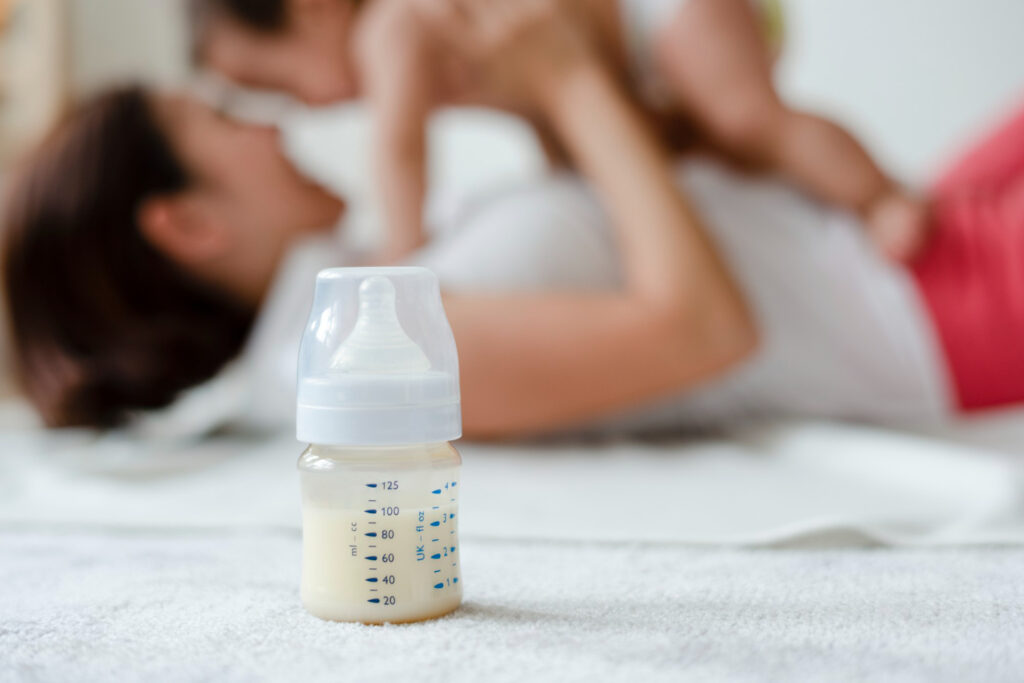Creatine is a popular supplement often associated with athletes and bodybuilders. Its main claim to fame is its ability to enhance muscle mass and improve exercise performance. However, many people wonder if creatine can offer benefits even without engaging in regular workouts. This article delves into this question, exploring the potential effects, benefits, and considerations of taking creatine without exercising.
What is Creatine?
Creatine is a naturally occurring compound found in muscle cells. It helps produce energy during high-intensity exercise or heavy lifting. Most of the body’s creatine is stored in muscles, with the remainder distributed in the brain and other tissues.
A Short History of Creatine.
First discovered in 1832 by French chemist Michel Eugène Chevreul, creatine has since become a staple in the fitness and sports nutrition world. Its use as a supplement began in the early 1990s and has grown in popularity due to its effectiveness and safety profile.
How Does Creatine Work?
Creatine works by increasing the phosphocreatine stores in muscles. Phosphocreatine aids in the formation of adenosine triphosphate (ATP), the key molecule your cells use for energy. During high-intensity exercise, ATP is broken down to produce energy. The increased phosphocreatine stores allow for quicker ATP regeneration, thereby improving performance and endurance.

Potential Benefits of Creatine Without Exercise.
Even without working out, creatine may offer several benefits due to its role in cellular energy production. These potential benefits include:
- Enhanced Cognitive Function: Some studies suggest that creatine supplementation may improve cognitive functions such as memory and intelligence, especially in older adults or individuals under stress.
- Increased Energy Levels: Creatine might help increase overall energy levels by boosting ATP production, which can be beneficial for those feeling fatigued or low in energy.
- Muscle Preservation: For individuals who are unable to exercise due to injury or illness, creatine could help preserve muscle mass.
- Bone Health: Some research indicates that creatine may support bone health by promoting bone density and reducing the risk of fractures.
- Improved Recovery: Creatine may assist in recovery from various injuries by providing the necessary energy for cellular repair and regeneration.
Expert Insights on Taking Creatine Without Working Out.
To gain a deeper understanding, we spoke with Dr. Sarah Thompson, a nutritionist and fitness expert, about the effects of creatine supplementation without exercise.
Dr. Sarah Thompson on Creatine’s Benefits:
“Creatine is not just for athletes. Its role in cellular energy production means it can benefit many bodily functions beyond muscle performance. For those who cannot engage in regular physical activity, creatine can still support energy levels, cognitive function, and muscle preservation.”
Scientific Evidence.
Several studies have explored the effects of creatine on various aspects of health, even in the absence of exercise:
- Cognitive Function: A study published in *Psychopharmacology* found that creatine supplementation improved memory and intelligence in healthy adults, suggesting potential cognitive benefits.
- Muscle Preservation: Research in the *Journal of Cachexia, Sarcopenia, and Muscle* indicates that creatine supplementation may help preserve muscle mass in aging populations or individuals with muscle-wasting conditions.
- Bone Health: A review in the *Journal of Nutrition, Health & Aging* suggests that creatine can support bone density and overall skeletal health, particularly in older adults.
Possible Side Effects.
While creatine is generally considered safe, some individuals may experience side effects such as:
- Water Retention: Creatine can cause muscles to hold water, leading to a slight increase in weight.
- Digestive Issues: Some users report stomach discomfort, diarrhea, or nausea.
- Kidney Concerns: Although rare, excessive creatine use could potentially affect kidney function, particularly in individuals with pre-existing kidney conditions.
Frequently Asked Questions.
Creatine itself doesn’t directly cause weight loss. However, by boosting energy levels and potentially aiding in muscle preservation, it could indirectly support weight loss efforts when combined with a proper diet.
Creatine is generally safe for teenagers, but it’s always best to consult with a healthcare provider before starting any supplement, especially for young individuals.
Creatine is typically taken in a “loading phase” of 20 grams per day for 5-7 days, followed by a “maintenance phase” of 3-5 grams per day. However, skipping the loading phase and taking a consistent dose daily can also be effective.
Yes, creatine can be safely taken with other supplements, such as protein powder or multivitamins. Always check with a healthcare provider to avoid potential interactions.
Studies have shown that long-term creatine use is safe for periods up to 5 years. However, it’s advisable to periodically reassess with a healthcare professional.
Bottom Line.
Creatine is a versatile supplement that offers several potential benefits beyond muscle building and exercise performance. Even without regular workouts, creatine can enhance cognitive function, increase energy levels, and support muscle and bone health. However, it’s essential to use it responsibly and consult with a healthcare provider to ensure it’s appropriate for your specific health needs.

 Workout
Workout
 Meditation
Meditation




 Contact Us
Contact Us














